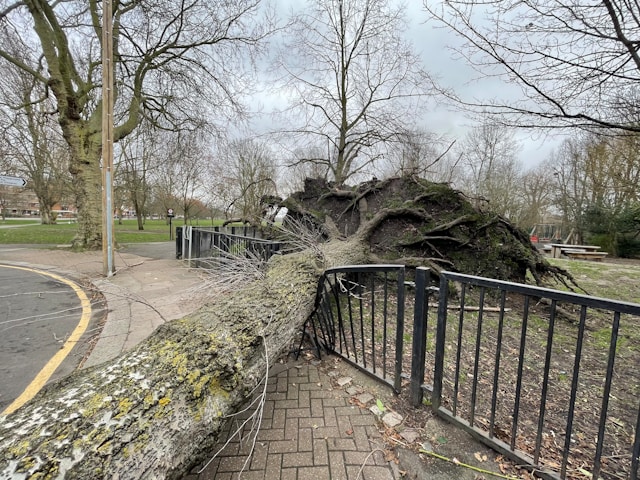
<a href="https://pixabay.com/users/kreatikar/">kreatikar</a> / Pixabay
Dr. Steven Paul MD, DDS, is a highly skilled dentition expert with over 20 years of surgical experience in the dental industry. He specializes in fixing facial structures around the oral cavity (neck, head, and jaw) and oral deformities.
Dr. Steven Paul is a well-reputed Oral and Maxillofacial surgeon who also provides treatment for TMJ disorders, sleep apnea, oral cancer, jaw defects, tooth or bone loss in addition to offering services like dental implantation and impacted wisdom teeth removal.
Oral and maxillofacial surgeons are dental specialists who first complete four years of dental school and then spend another four years in a surgical hospital residency program. The residency provides hands-on medical training to all the medical residents in emergency medicine, general surgery, and anesthesiology. Alongside anesthesiologists, oral and maxillofacial surgeons are the only health care specialists who are trained to employ all levels of sedation, including general anesthesia.
If you have problems with the hard and soft tissues of the face, mouth, and jaws (Maxilla is the upper jaw), you will need an oral and maxillofacial surgeon to treat it. These surgeons work in hospitals as well as their practices. A general dentist may refer you to an Oral and Maxillofacial specialist when you go in for a complicated tooth extraction procedure. Your family orthodontist may refer you to such a specialist for a thorough examination if they detect an issue with the alignment of your jaws.
You don’t need oral and maxillofacial surgeons for performing standard procedures like simple tooth extractions. You do, however, need oral and maxillofacial surgeons for detecting, then performing complex, more invasion procedures that require deeper levels of anesthetic sedation. Read on to know about the major procedures performed by these specialists.
Procedures Performed by Oral Surgeons
Oral Surgeons mostly perform tooth extractions. A specialist is consulted when, for instance, the wisdom teeth are impacted. Impacted teeth are teeth that are positioned such that they can neither erupt nor grow into the bite correctly. The extraction of impacted wisdom teeth generally requires minor surgery, which is also recommended when the impacted teeth aren’t causing any discomfort. Such routine procedures are performed in a dentist’s office using sedation dentistry techniques.
Orthognathic surgery is referred to as a corrective jaw surgery, which is done to correct a misaligned bite that cannot be fixed using orthodontic procedures. Surgical treatment is also used to repair severe disorders like congenital abnormalities that affect people from birth, skeletal problems, and other severe orthodontic conditions.
The majority of the procedures are carried out using general anesthesia to realign the affected jaws and/or teeth to reposition or reshape the bones of the face and jaw. Whenever just orthodontics isn’t enough to treat an oral condition, oral surgeons and orthodontists work in tandem to first plan and then carry out complex surgeries to fix the problem.
Cleft lip/palate surgery is a specialized surgery performed by oral and maxillofacial surgeons to improve the aesthetical profile of a patient’s facial structure affected by congenital disabilities.
Facial trauma or severe dental injuries resulting from automobile or workplace injuries and uneventful accidents often require reconstructive surgery. Reconstructive surgery is also prescribed as a follow-up treatment to highly invasive operations like tumor removals. Oral and maxillofacial surgeons expertly work with hard as well as soft tissues to repair, reconstruct, and realign the affected bones, teeth, and tissues of the oral cavity.
Oral and maxillofacial surgeons also lay the foundation for cosmetic and restorative dental procedures by performing the preferred tooth replacement procedure and follow-up dental implant placement procedure. If the jaw is not in the preferred healthy state, bone grafting procedures are conducted to ensure that dental implant placement on the jaw happens appropriately. If a patient chooses to get dentures instead of dental implants, oral surgeons smoothen and reshape the alveolar jaw bone as per the patient’s dentition to ensure that the dentures fit comfortably in the mouth.
Alongside the conventional procedures, oral and maxillofacial surgeons are often called for the examination of specific cases for obstructive sleep apnea, facial pain and infection, biopsies and removal of lesions, and diagnosis and treatment of some oral cancers.
Essentially, you require oral and maxillofacial surgeons because they have extensive clinical experience, and patients benefit on account of their specialist training and valuable experience: vital factors that can ensure success in Oral and Maxillofacial surgery.






